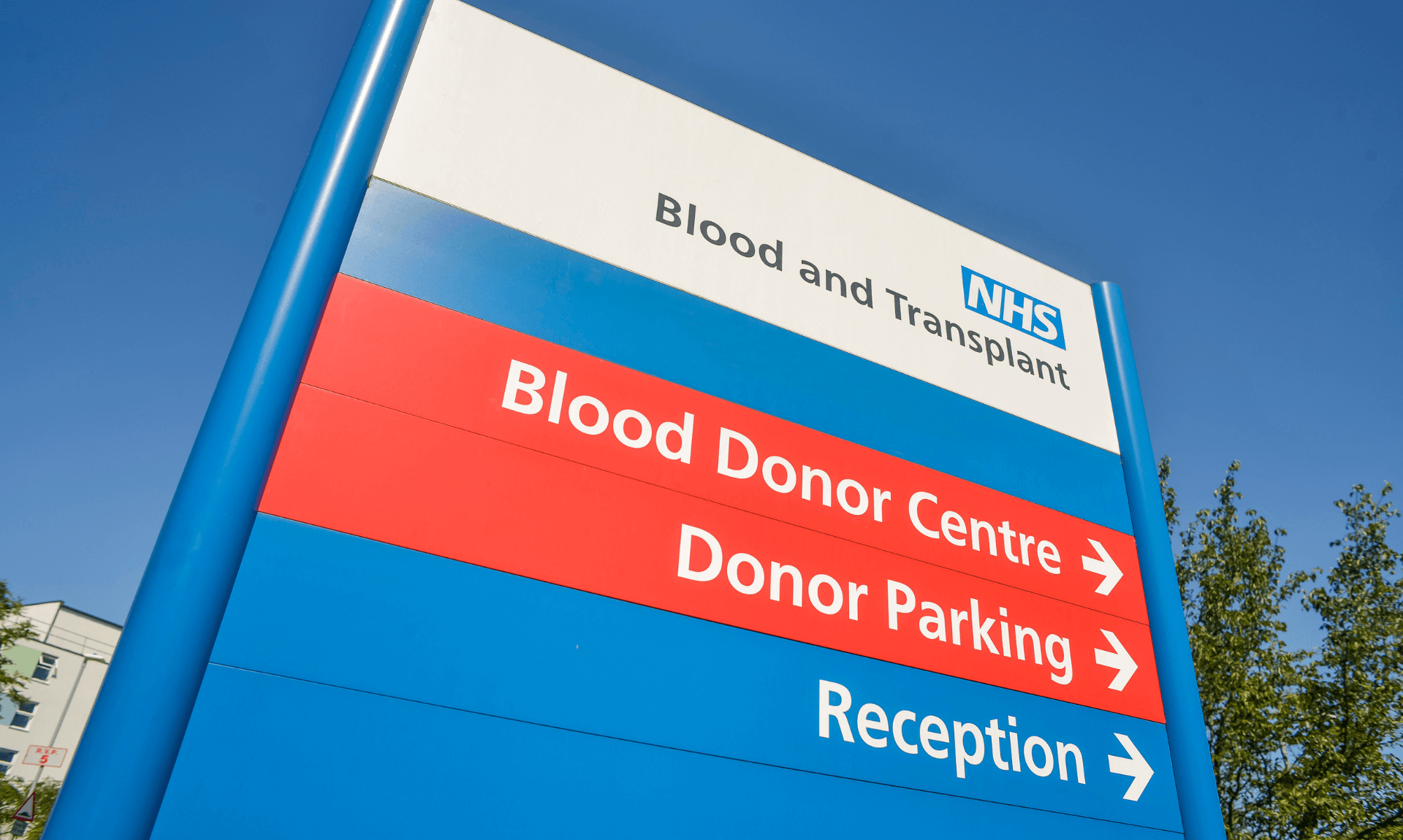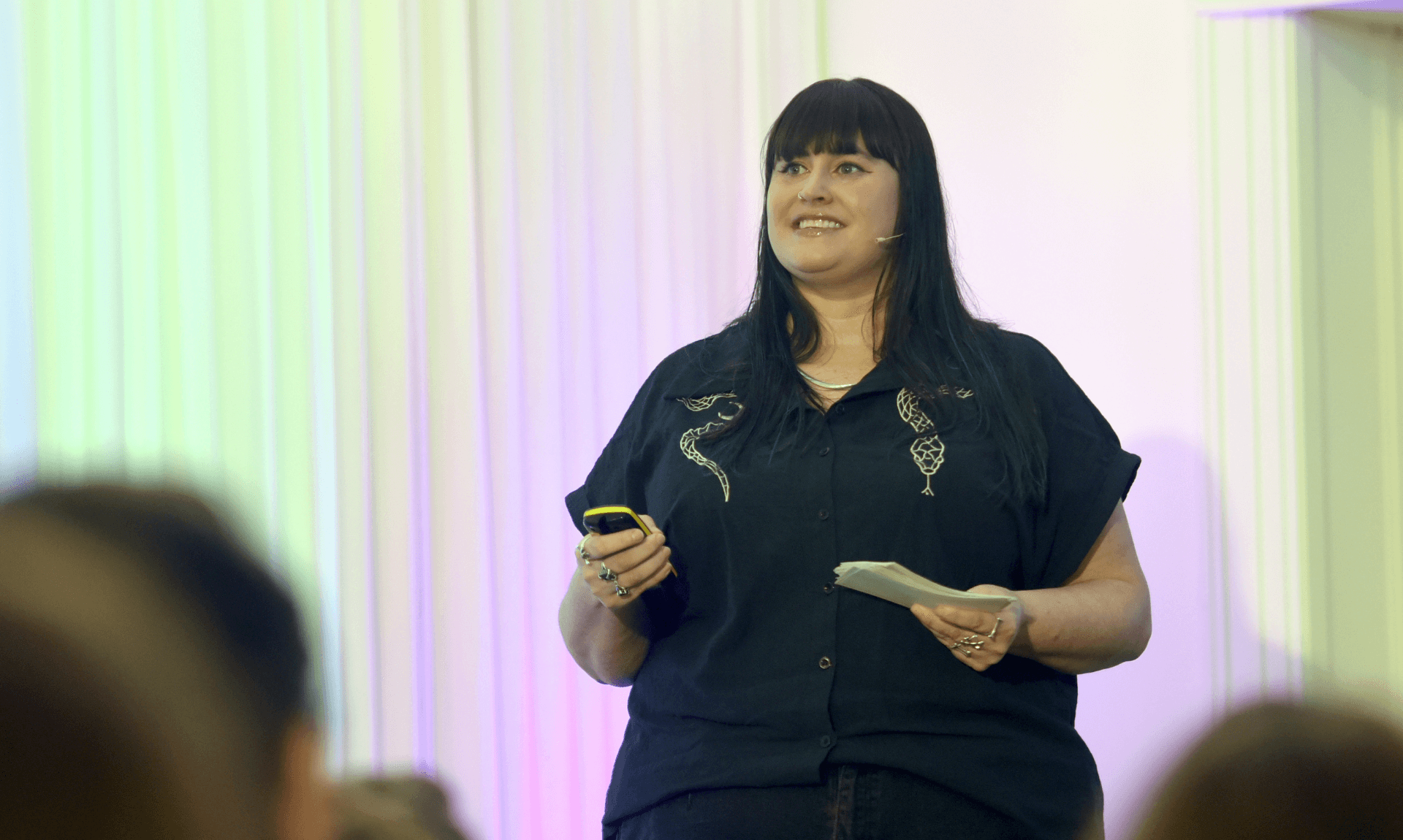Government Unveils Major Welfare Shake-Up: 1,000 Work Coaches to Help Disabled People Into Jobs
The government has announced a significant overhaul of employment support for sick and disabled people, deploying 1,000 Work Coaches to provide tailored assistance to those on health-related benefits. The move is part of the broader Plan for Change, aimed at tackling economic inactivity and making the welfare system more sustainable.
Work Coaches to Provide Intensive Support
From 2025/26, 1,000 existing Work Coaches will be reassigned to deliver voluntary, intensive employment support to approximately 65,000 disabled people and those with long-term health conditions. The focus will be on breaking down barriers to work, offering help with CV writing, interview techniques, and accessing a range of employment programmes.
This shift is being made by reprioritising Work Coach time to help tackle economic inactivity. The government has framed this as a “downpayment” on a wider set of reforms expected to be unveiled in the coming weeks.
Fixing a Broken System
The announcement follows the release of survey data showing that nearly half (44%) of disabled people and those with health conditions do not trust the Department for Work and Pensions (DWP) to support them effectively.
Further findings from the upcoming DWP Perceptions Survey highlight:
- 35% believe DWP does not provide enough support to help people back into work.
- 44% do not trust DWP to help them reach their full career potential.
- 39% feel DWP does not take their needs into account when providing services.
Work and Pensions Secretary Liz Kendall acknowledged these concerns, stating:
“We inherited a broken welfare system that is failing sick and disabled people, is bad for the taxpayer, and holding the economy back.
“For too long, sick, and disabled people have been told they can’t work, denied support, and locked out of jobs, with all the benefits that good work brings.
“We’re determined to fix the broken benefits system as part of our Plan for Change by reforming the welfare system and delivering proper support to help people get into work and get on at work, so we can get Britain working and deliver our ambition of an 80% employment rate.”
Rising Numbers on Benefits
The number of working-age people on the health element of Universal Credit (UC) or claiming Employment Support Allowance (ESA) has now reached 3.1 million, marking a 319% increase since the pandemic.
Despite this, over a quarter (27%) of health and disability benefit claimants believe work could be possible in the future if their health improves, with 200,000 saying they would be ready to work now.
The government argues that behind these statistics are people with skills and ambitions who, with the right support, could contribute to businesses and the economy.
Major Reforms Expected Soon
The upcoming welfare reforms aim to remove obstacles preventing people from working, including:
- A system that requires claimants to prove they cannot work, discouraging them from seeking employment.
- A rigid “can versus can’t work” approach that fails to consider fluctuating health conditions.
- Long waiting periods for assessments, after which claimants often receive no further support.
These reforms will build on the Get Britain Working White Paper, which includes plans to give mayors more power to reduce economic inactivity, introduce a Youth Guarantee ensuring every young person is either earning or learning, and modernise jobcentres.
Additionally, former John Lewis boss Sir Charlie Mayfield is leading an independent review into how employers and government can work together to prevent sick and disabled people from falling out of employment.
Investing in Health and Employment
Alongside the welfare reforms, the government is investing an extra £26 billion into the NHS to tackle waiting lists and improve health outcomes.
So far, this has resulted in:
- Two million extra NHS appointments in five months.
- 160,000 fewer patients on waiting lists since July.
- 20 hospitals trialling new ways of working to help people return to employment more quickly.
- Recruitment of 8,500 additional mental health workers to prioritise mental health alongside physical health.
With further announcements expected in the coming weeks, the government is making it clear that it wants to transform the welfare system to provide better support while ensuring those who can work are given the opportunity to do so.
Share This Story, Choose Your Platform!
To keep up with the latest cornish news follow us below
Follow CornishStuff on Facebook - Like our Facebook page to get the latest news in your feed and join in the discussions in the comments. Click here to give us a like!
Follow us on Twitter - For the latest breaking news in Cornwall and the latest stories, click here to follow CornishStuff on X.
Follow us on Instagram - We also put the latest news in our Instagram Stories. Click here to follow CornishStuff on Instagram.
You Might Also Be Interested In
Latest News In Cornwall
Daily Cornish news by email
The latest daily news in Cornwall, sent direct to your inbox.



























